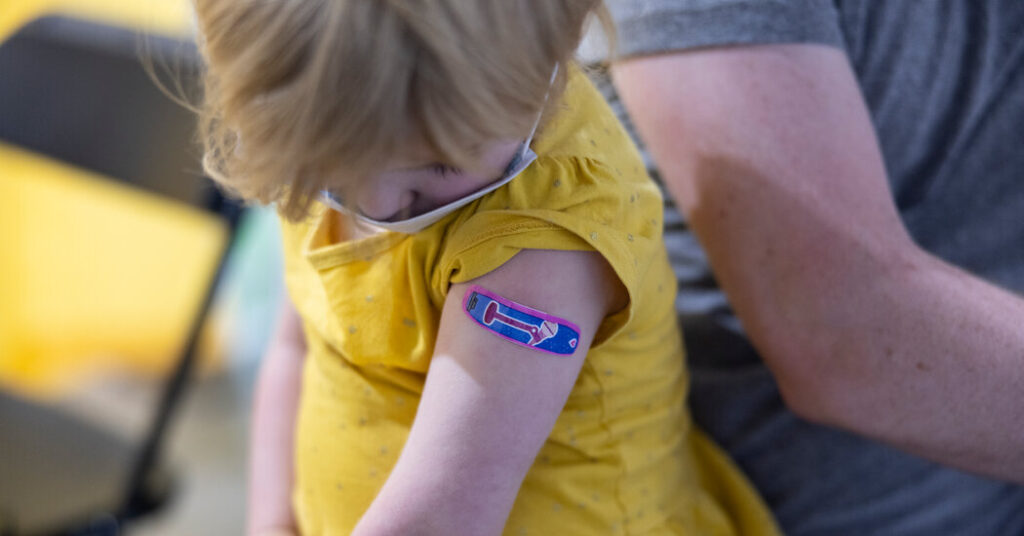The report echoes many of Health Secretary Robert F. Kennedy Jr.’s talking points on ultraprocessed foods and vaccines, but with some notable omissions.
In a sweeping new report, the White House outlined what it sees as the drivers of disease in American children.
“To turn the tide and better protect our children, the United States must act decisively,” reads the report, which was produced by a presidential commission tasked with combating childhood disease. “During this administration, we will begin reversing the childhood chronic disease crisis by confronting its root causes — not just its symptoms.”
The document echoes talking points Health Secretary Robert F. Kennedy Jr. has championed for decades: the idea that our modern environment is making people sick, and that corporations exert too much influence on research and medicine.
The report provides little in the way of specific solutions to address these issues, though the commission is also expected to release recommendations later this year. What the document does offer is the clearest articulation yet of Mr. Kennedy’s “Make America Healthy Again” movement, and what the broad coalition hopes to accomplish in the coming months and years. Here’s what the new report tells us.
The report paints a bleak picture of American childhood.
The report presents today’s children as stressed, sleep-deprived and addicted to their screens. It describes rising rates of conditions like obesity, diabetes and mental illness as a crisis that threatens the nation’s health, economy and military readiness. “Today’s children are the sickest generation in American history in terms of chronic disease,” the report says.
And it lashes out against technology companies and social media platforms that it says have helped create a “technology-driven lifestyle.” It cites Jonathan Haidt, whose best-selling book “The Anxious Generation” links the rise of smartphones and social media to worsening mental health among children — a theory that some researchers have criticized for relying on inconclusive research. The report also notes that rates of loneliness among children have risen over the past several decades, a concern that researchers and public health experts have also raised for years.
